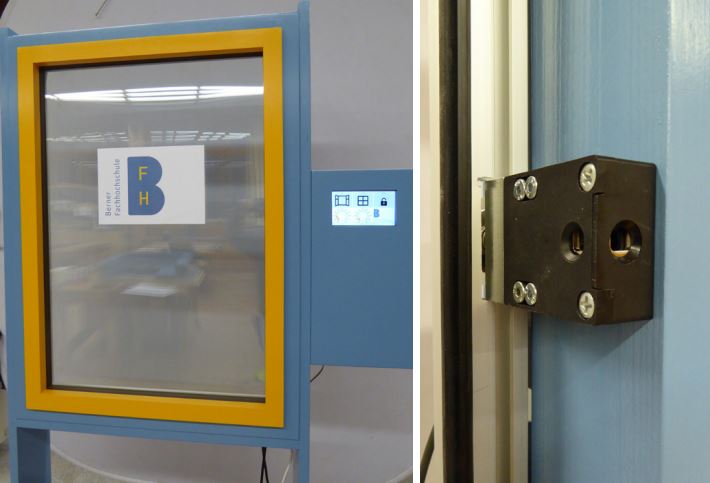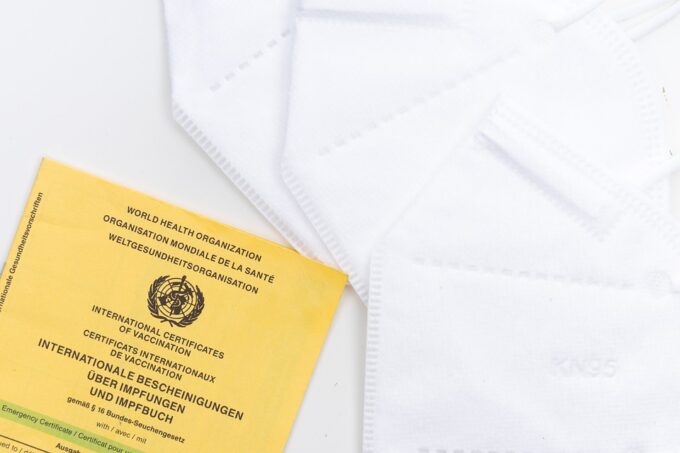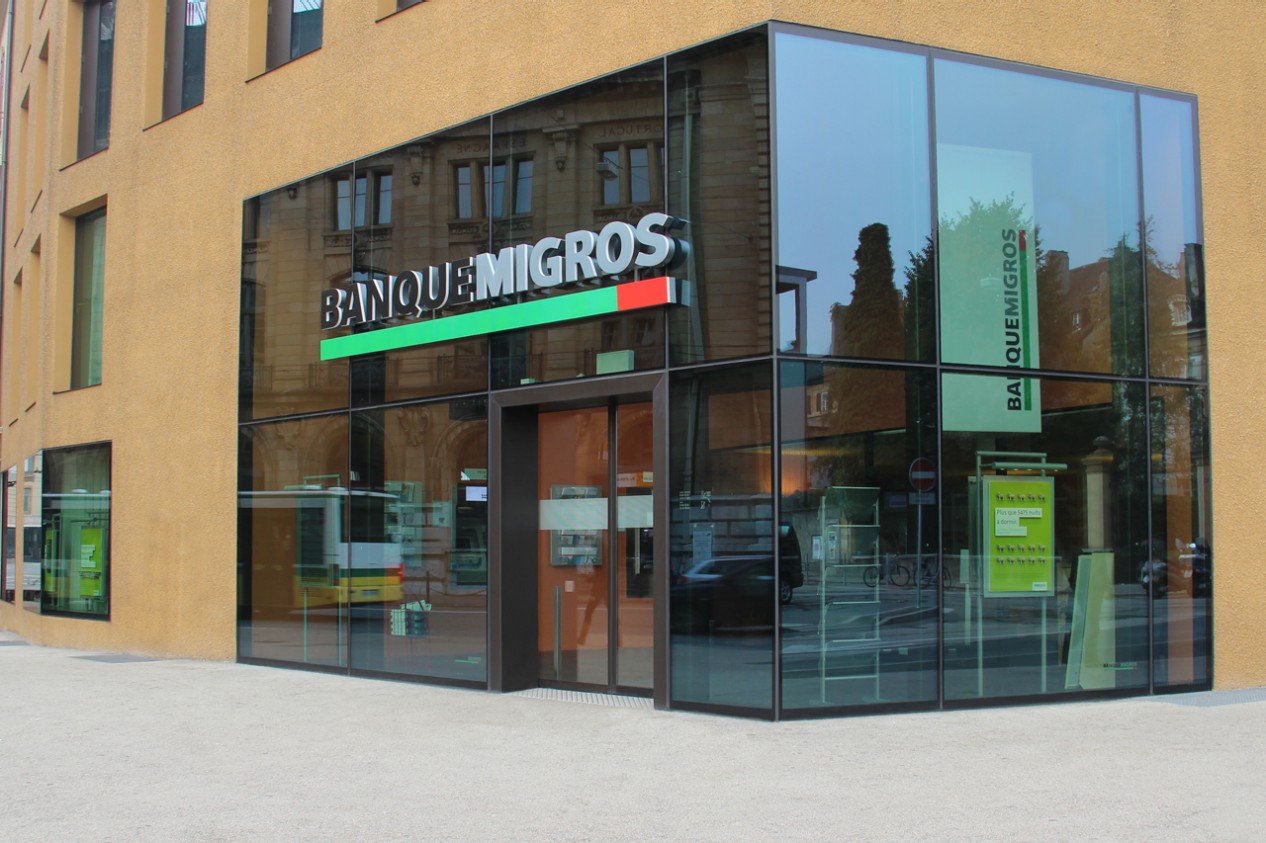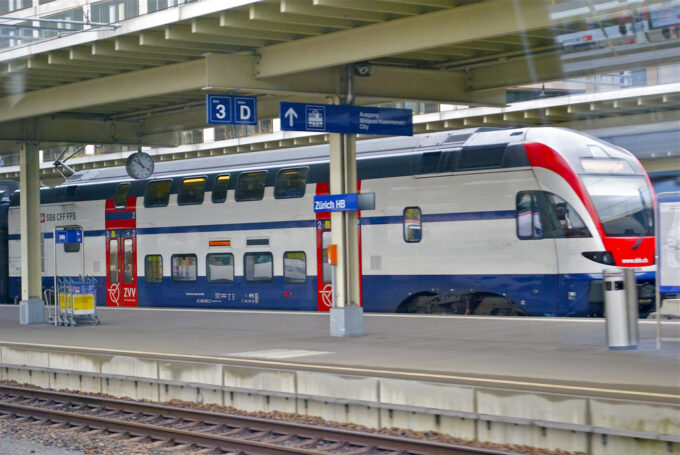All info about the Covid certificate
The Federal Council will decide in mid-June where and when the Covid certificate will be used. The Covid certificate will be made available on request in paper form or as a PDF document with a QR code.

Screenshot Apple Store
According to the federal government, the Covid certificate is a way to document a Covid 19 vaccination, a passed illness or a negative test result. The certificate includes the surname, first name, date of birth and a certificate number, as well as information about the Covid 19 vaccination, recovery or negative PCR test or rapid antigen test result.
The heart of the Covid certificate is the QR code. It makes the certificate forgery-proof thanks to an electronic signature from the Swiss Confederation and guarantees the authenticity of the Covid certificate, according to the Federal Department of Finance.
The Federal Council will decide in mid-June where the certificate will be used. How you get your Covid certificate depends on whether you want to document a Covid 19 vaccination, a passed disease or a negative test result.
In the meantime, the Federal Council has Info page updated. An iOS application is now available ready for download, an Android version will be released at a later date.
Source: Federal Department of Finance















